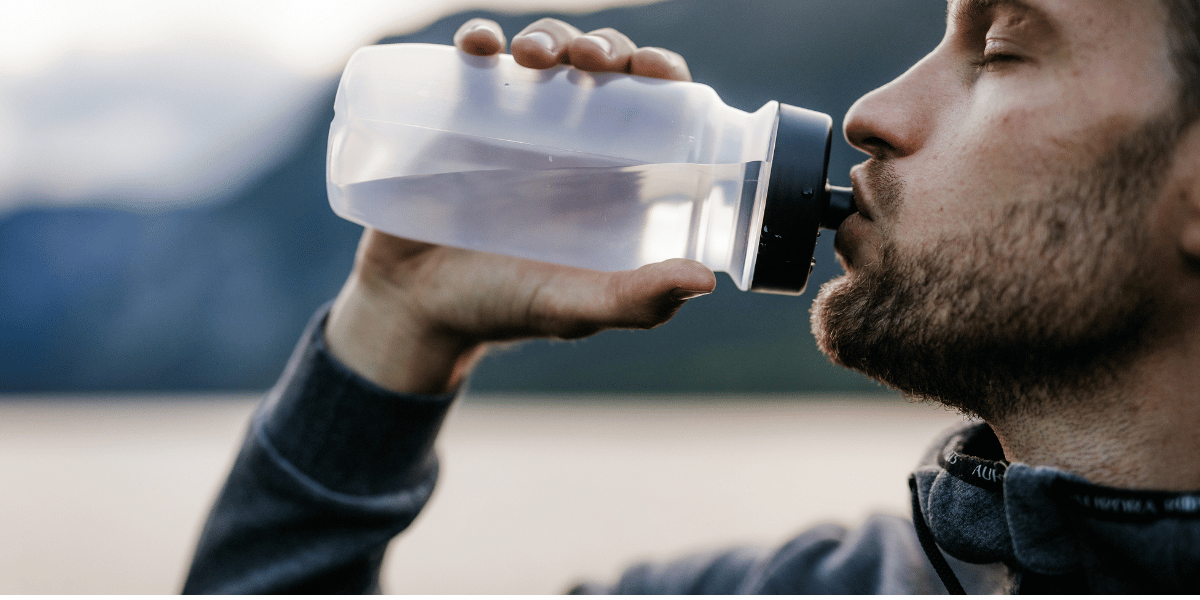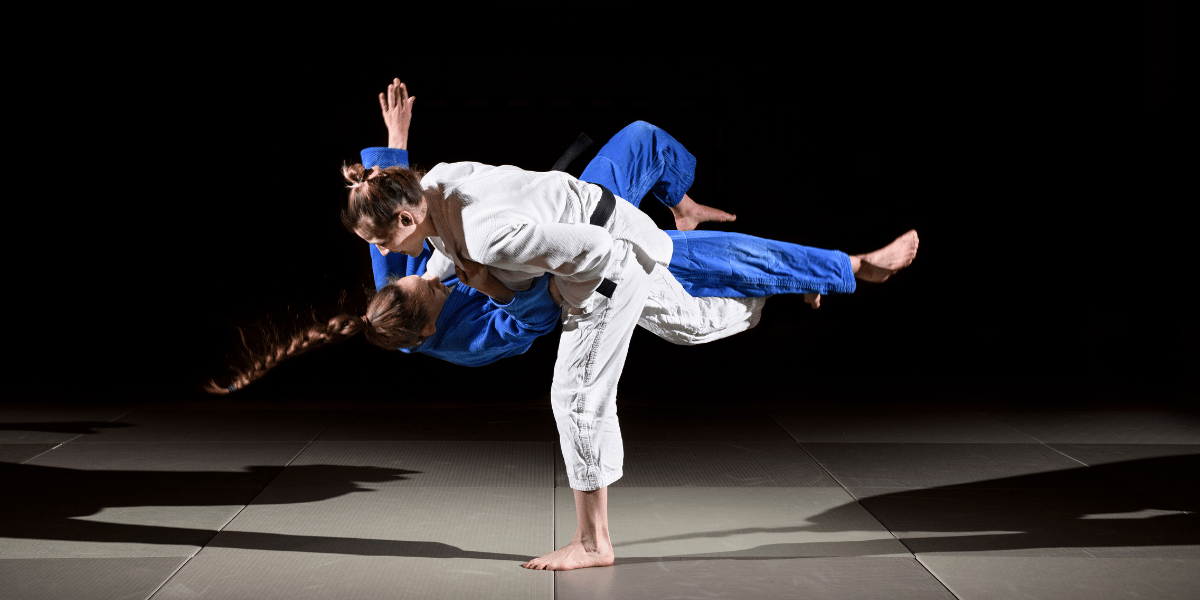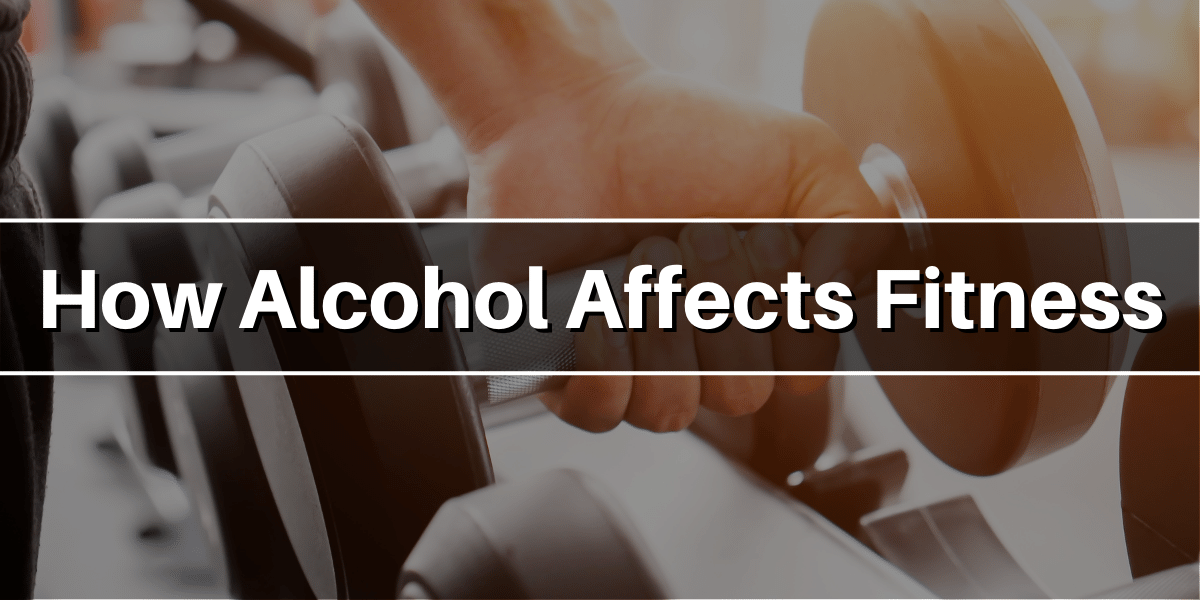Alcohol is a popular recreational drug, but it can have a serious impact on your physical fitness in addition to the mental effects. From affecting your sleep to slowing down your metabolism, alcohol can have a detrimental effect on your overall health and fitness.
Let’s explore how alcohol affects fitness and why it’s important to be mindful of your drinking habits.
Alcohol and sleep
Alcohol can disrupt your sleep, which can have a negative impact on your overall physical fitness. While having a glass of wine around bedtime might make you feel drowsy and fall asleep more quickly, overconsumption can greatly affect the quality of the sleep you get. If you feel dizzy when you lie down, sometimes known as “the spins”, chances are you’ve over consumed.
Alcohol has a particularly harmful effect on your body’s natural sleep cycle. Alcohol consumption can cause you to wake up more frequently throughout the night. This can leave you feeling tired and groggy the next day, making it difficult to stay motivated and focused on your fitness goals.
In addition, your body will spend more time in light sleep, and less time in deep sleep. Deep sleep is essential to physical fitness. This is the period of sleep when your body builds and repairs muscle, tissue, bone, and immune system function. A lack of quality sleep disrupts the production of testosterone and other hormones that are essential for proper muscle health and growth.
Alcohol and metabolism
Alcohol slows down your metabolism. When you drink alcohol, your body has to work harder to break it down and process it. This makes it more difficult to burn calories, which can lead to weight gain and other health issues. Alcohol can also interfere with the body’s ability to absorb nutrients, such as proteins, vitamins, and minerals. This can lead to deficiencies that can further impact your physical fitness.
Protein, carbohydrates, and fat are the three classical macronutrients our bodies use to produce energy. However, our bodies can also use ethanol, like that found in alcoholic beverages, as a source of energy. Because ethanol is toxic to humans the liver prioritizes breaking it down into the byproducts the body flushes out or used by the body. This causes the slow down of other energy sources being metabolized, particularly fat.

Alcohol and hydration
Hydration is vital because it helps your body to circulate blood, which brings oxygen to your muscles. This also helps to keep your blood pressure in check so that your heart doesn’t work as hard.
The overconsumption of alcoholic beverages can cause dehydration. This will have a negative impact on your physical fitness. Dehydration can cause fatigue, muscle cramps, and other issues that can make it difficult to stay active and motivated.
One reason performance suffers from alcohol is because it is a diuretic. This means more frequent trips to the restroom due to the way your kidneys reabsorb fluids. You’ll likely wake up dehydrated if you drink alcohol and don’t replenish fluids before you go to bed. This is the primary reason for waking up with a hangover after a night of drinking.
A common misconception is that you are able to “sweat off” a hangover through physical activity and exercise. The idea is that it will expel the remaining alcohol in your body. In reality, over 90% of the alcohol you ingest is processed by the liver. Only the remaining amount is expelled through urine, breath, and sweat. By the time you wake up with a hangover your liver has already processed most of the alcohol you’ve consumed.
While exercise may make you feel better, it’s due to the release of endorphins, which are the body’s natural painkillers. However, this can also exacerbate dehydration, having negative effects on health and fitness.
Alcohol and its effect on muscle growth and recovery
When you work out, it causes small tears in your muscles. These tears are one of the reasons you feel soreness in the days following vigorous physical activity. The natural human growth hormones produced by your body are what repair your muscles.
Alcohol consumption after a workout delays the recovery process of your muscles and prevents efficient healing. This is due to a decrease in the secretion of the hormones necessary to repair the muscles. This will result in a longer feeling of soreness and the muscles taking longer to fully heal.
Binge drinking, which is considered 5 or more drinks in a single drinking session, also plays a role in reducing your workout gains. As opposed to producing the testosterone your muscles need to grow, alcohol increases cortisol. Cortisol is the hormone that is responsible for stress, and can actually play a part in tearing muscle down.
Alcohol and the potential for injury
Alcohol can also increase your risk of injury, which can have a major impact on your physical fitness. Alcohol can impair your judgment and coordination, which can make it more difficult to perform physical activities safely. It can also make you more likely to take risks that can lead to injury.
Increased risk of injury, while perhaps diminished, may still exist hours or even days after consuming alcohol. This is because your motor skills, inhibition, and physical well-being are all still affected. Even if you don’t still feel drunk or hungover the negative effects of the alcohol may still linger. This can include dehydration, elevated heart rate and blood pressure, and increased levels of cortisol.

Conclusion
It’s important to be mindful of your drinking habits when it comes to physical fitness. Staying hydrated, making sure to get the right amount of quality sleep, and not overdoing it are key.
Of course maintaining a healthy lifestyle starts with personal discipline and proper exercise. There may be no better way to achieve both of these than with judo. The best part is you won’t have to spend a lifetime to see the results!



Leave A Comment